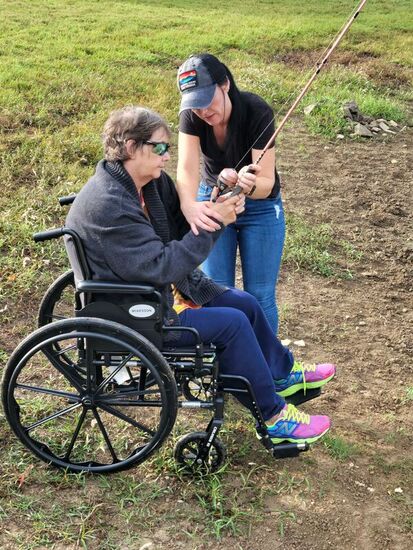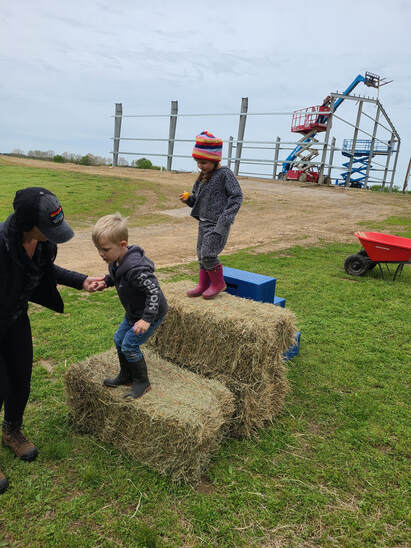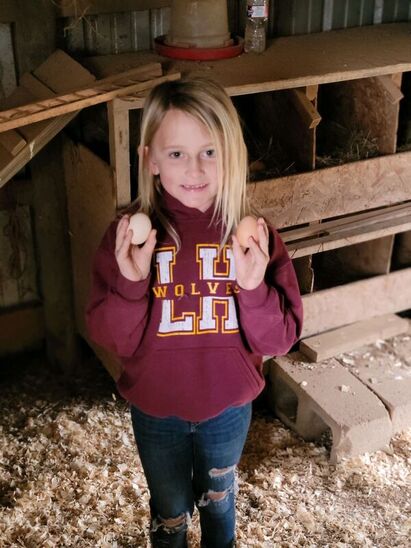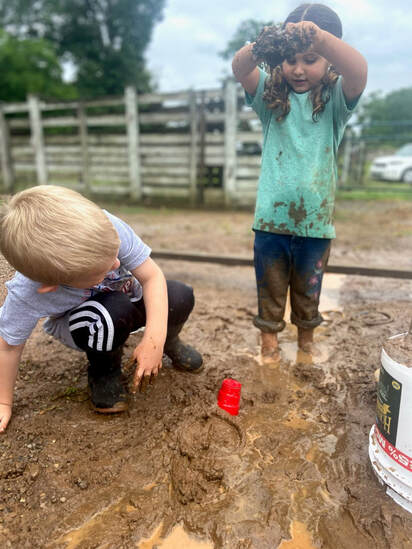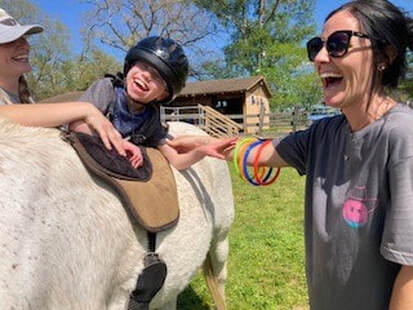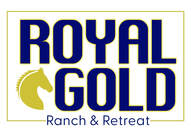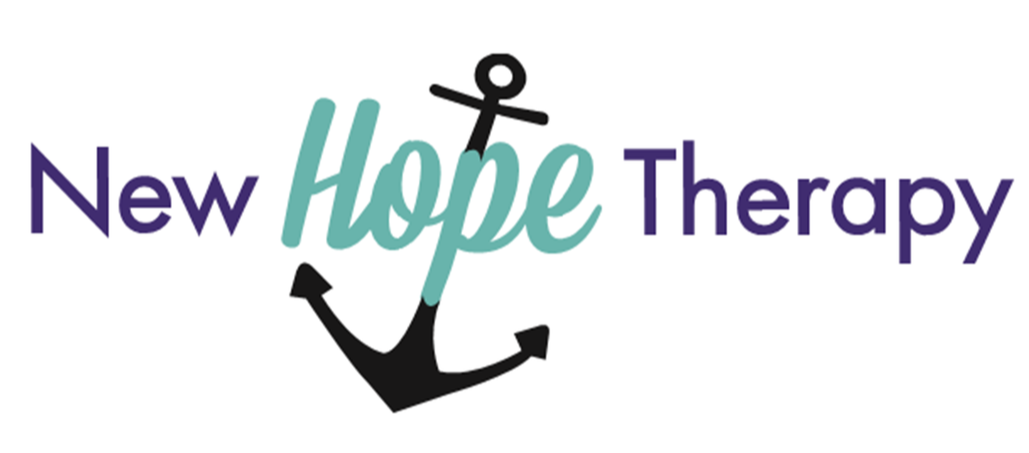|
We are often disconnected from nature. Excessive screen time, living an overly sedentary life by choice or profession, little access to natural environments, and even risk-averse parenting can all be just some of the reasons that we are so disconnected from the beauty and wonderful opportunities it provides for us therapy in order to get where we need to be or back where we once were.
|
|
Nature is often replaced with plastic or picture representations within the classroom and therapy settings. The outdoors is naturally full of sensory stimulating items. For example, we can see, feel and smell the dirt on our hands rather than talking about dirt in a picture. Or we can use the action in the actual activity by using our motors skills while learning the verb.
|


